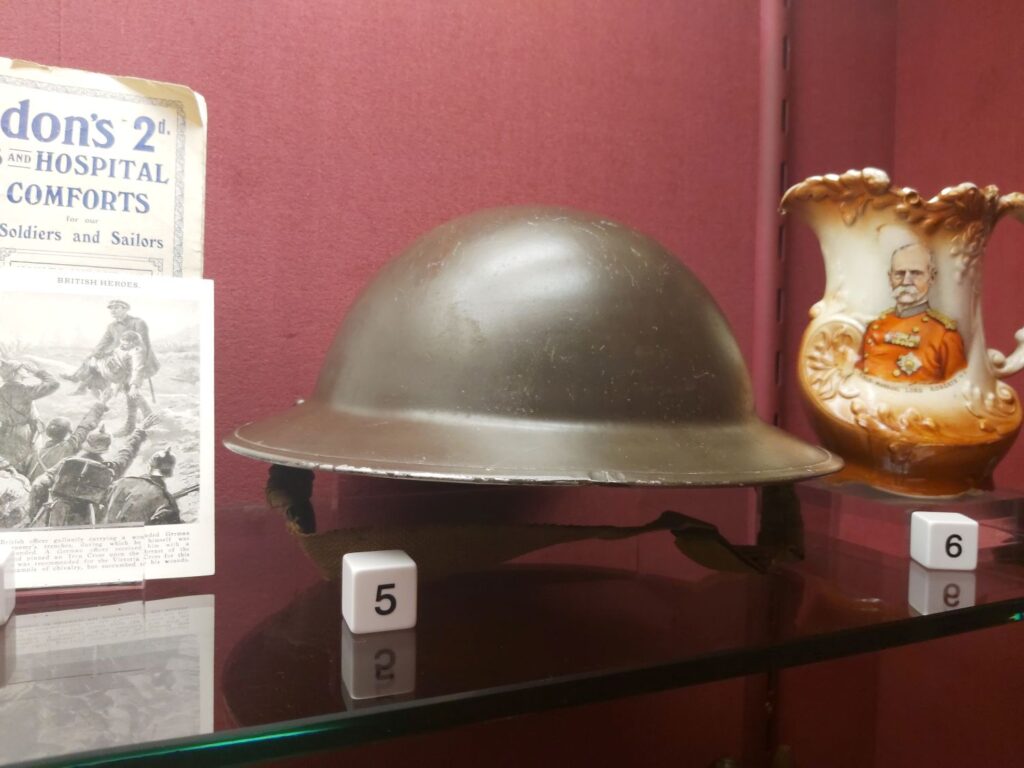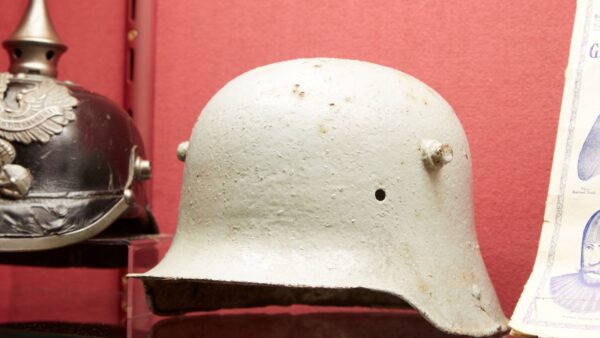Private Archibald Brown
Ed Tooker, Documenting Northern Lincolnshire's History Project Volunteer
The Museums collection contains a letter sent to the mother of a local lad by the name of Archibald Brown, who died serving his country.
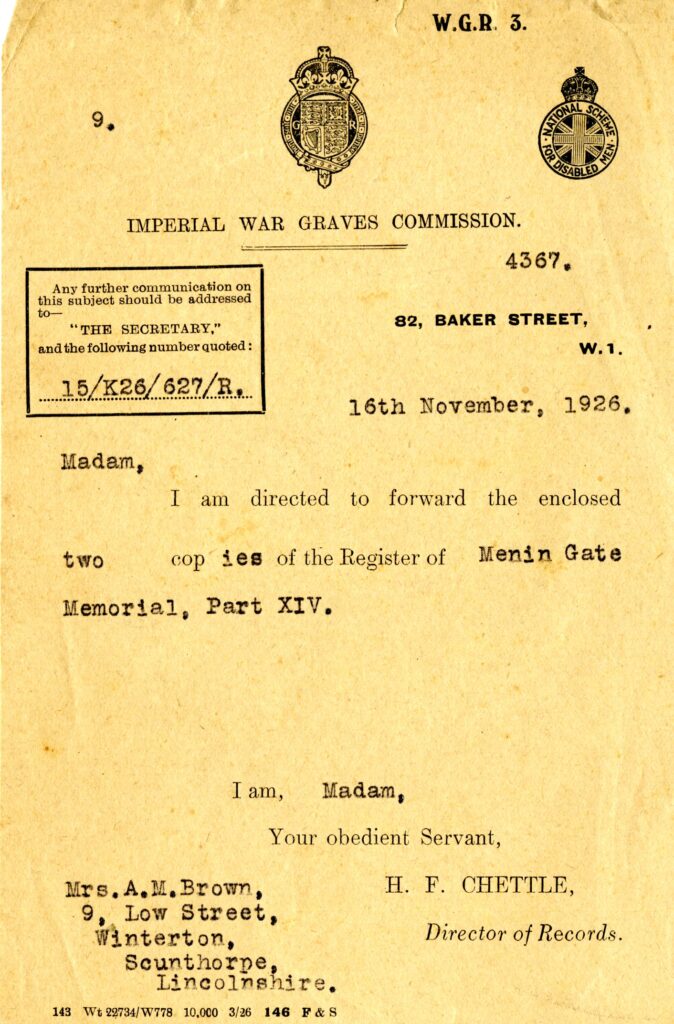
Private Archibald Brown, from Winterton near Scunthorpe, lost his life aged just 23, fighting for his country near Ypres in Belgium in 1917. Ypres was known as Wipers to the ‘Tommies’, as the British soldiers were nicknamed. This was during what we now call the First World War, but in the past was also known as both ‘The Great War’ and ‘The War to end all Wars’.
We now know this was sadly not the war to end all wars. The Second World War happened just twenty years later. There have also been countless smaller wars and conflicts, both between and after the world wars. As I write these words there are sadly bloody conflicts around the world.
Archibald Brown was one of over 50,000 Allied soldiers with no known grave. It was modern warfare waged on an industrial scale. Huge artillery barrages that would disintegrate bodies leaving few traces behind. The muddy churned ground of No Man’s Land would have resembled hell on earth and could easily swallow up human remains. The poet Wilfred Owen described No Man’s Land as being ‘like the face of the moon, chaotic, crater-ridden, uninhabitable, awful, the abode of madness’. Archibald’s mother was also sent the booklet below, part fourteen covered those with the surnames from Blaydes to Buglass.
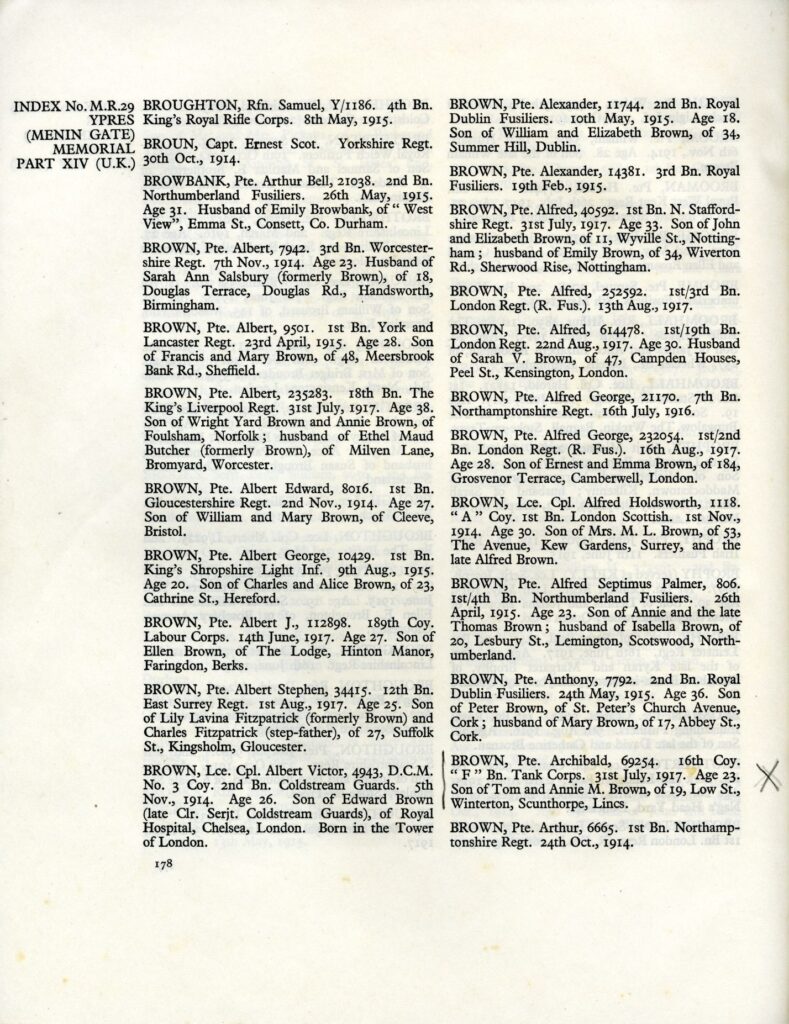
The desire of the living to remember and memorialise the dead is part of what makes us human. The evidence of this impulse is all around us in the form of cemeteries, church graveyards and war memorials. Communities around the world gather on the eleventh hour, on the eleventh day of the eleventh month every year to remember when the guns fell silent on the Western Front in 1918 at the end of the so-called Great War. After the two minutes silence a bugler will play ‘The Last Post’ to honour those who, in the famous words of Robert Binyon, ‘They shall not grow old’.
The letter was sent to Archibald’s grieving mother Nelly Brown in 1926, following the construction of the Menin Gate in Belgium to remember those young men whose bodies were never located. The letter was sent together with the booklet, which lists alphabetically those just from Blaydes to Bugless, whose names are commemorated and inscribed upon the walls. Every day at 8pm the road through the gate is closed, two minutes silence observed, and the Last Post played. Very occasionally, well over a 100 years later, a corpse will be uncovered when the fields are ploughed. If the soldier can be identified their name will then be removed from the memorial.
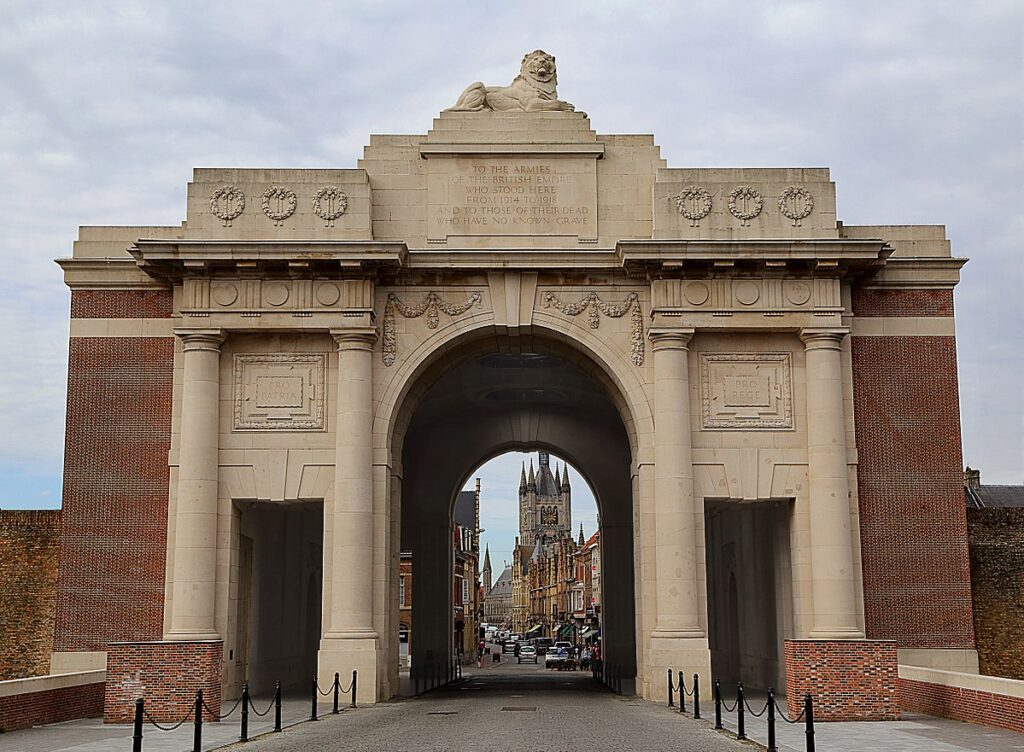
Archibald Brown would have worn the Brodie steel helmet, an example of which can be found on display in the Local History Gallery.
